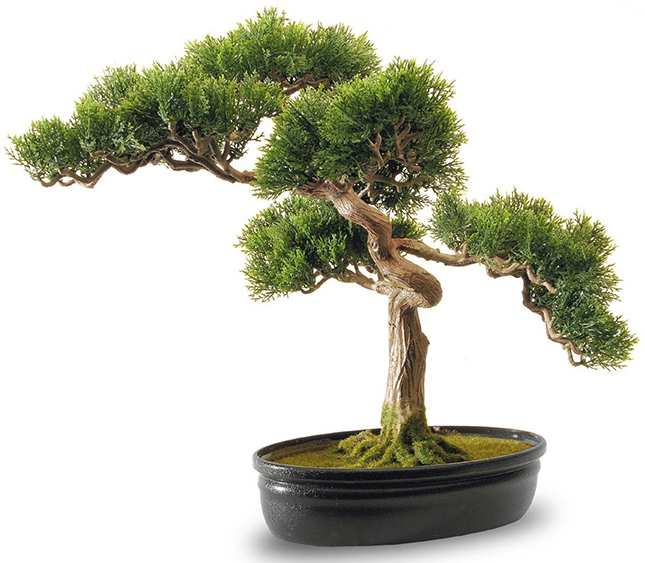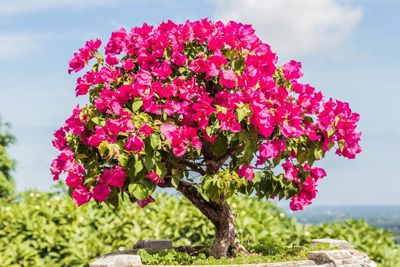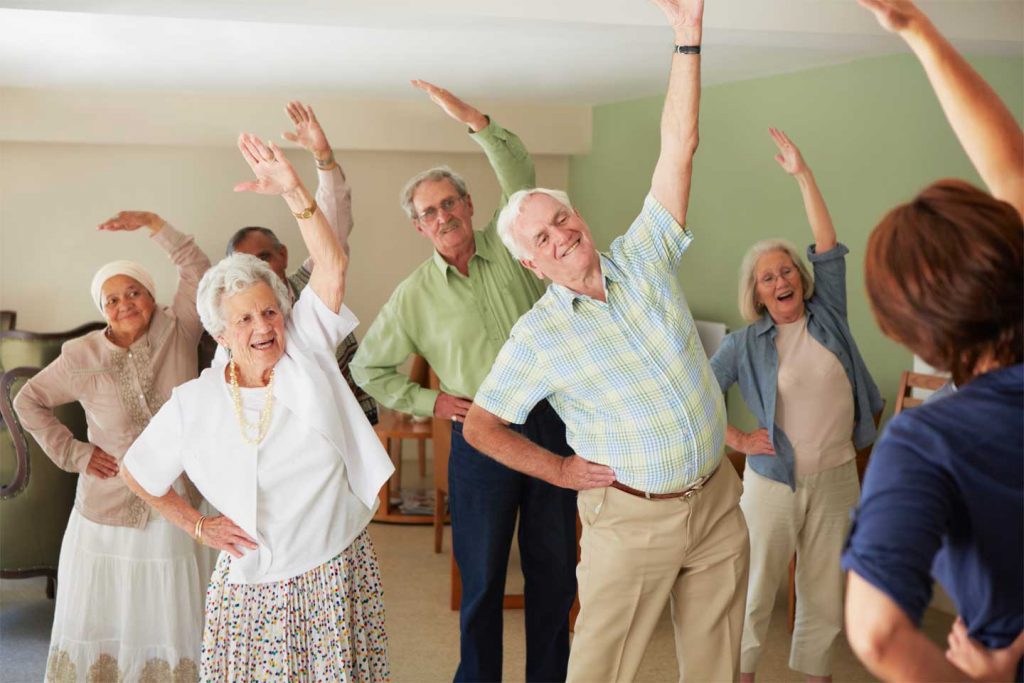-->
Life Coaching Empowers
Seniors through planning and coordination of services for the older adult
population. Some of the different Life Coach roles, that could be implemented in
this process, as tools are:
·
Enablers–Building
relationships with the individuals who request personal assessments and
guidance with their unique situations. To conduct an initial assessment of
needs and strengths, and tailor and implement an intervention plan specific to
client. To provide a detailed, easy -to-follow plan for each
individual.
·
Advocates &
Activists — Older adults often find themselves in situations the leave
them physically worn out. Their medical condition may leave them unable to
fight for themselves. It is essential for us to be the ones to plead their
cause, argue for, defend, maintain, or recommend a cause or proposal.
· Mediators & Negotiators– Sometimes, the
situations we deal with later in life can cause tension between families or
friends. We can help end disputes and provide guidance so
that all parties have an option to reconcile their differences, find
compromise, and reach mutually satisfactory agreements.
Life Coach tools can assist older adults
by empowering them to help themselves improve their quality of life, and
maintain their independence for as long as possible.
Life Coaching can
provide Emotional Support in the following ways: Helping
Individuals…
·
Manage loss
·
Create Opportunities
for Mastery and Control
·
Maintain Personal
Identity
·
Reduce Social
Isolation
Sources:
http://eslifecoach.com/
Sources:
http://eslifecoach.com/





















